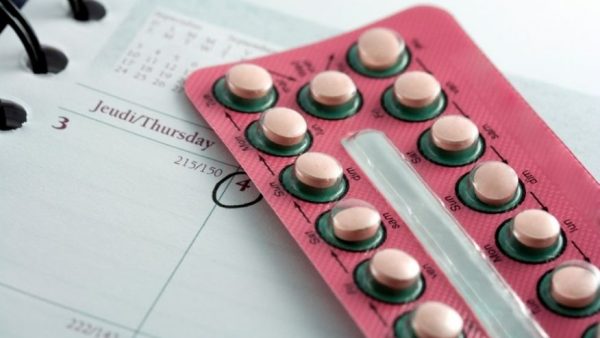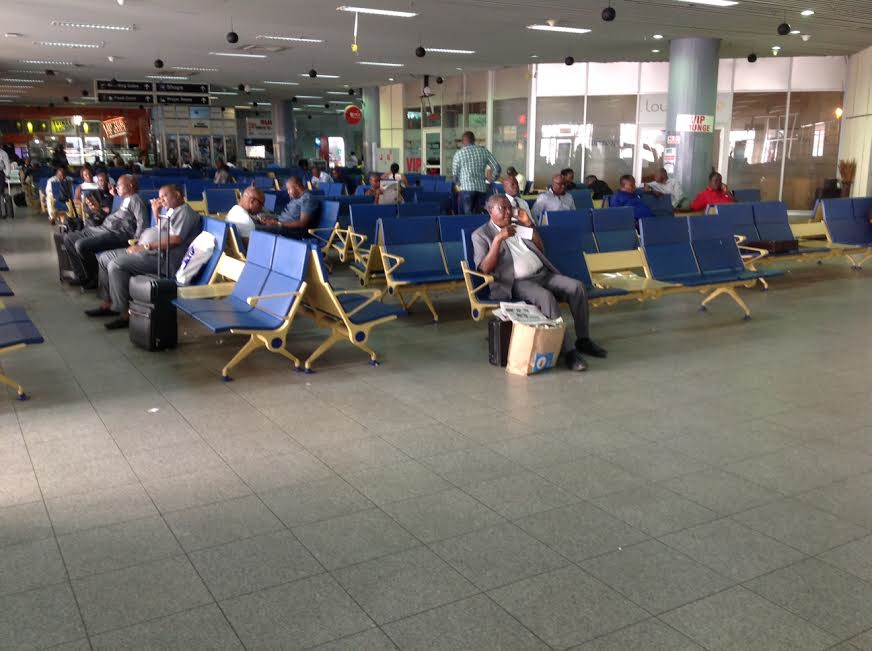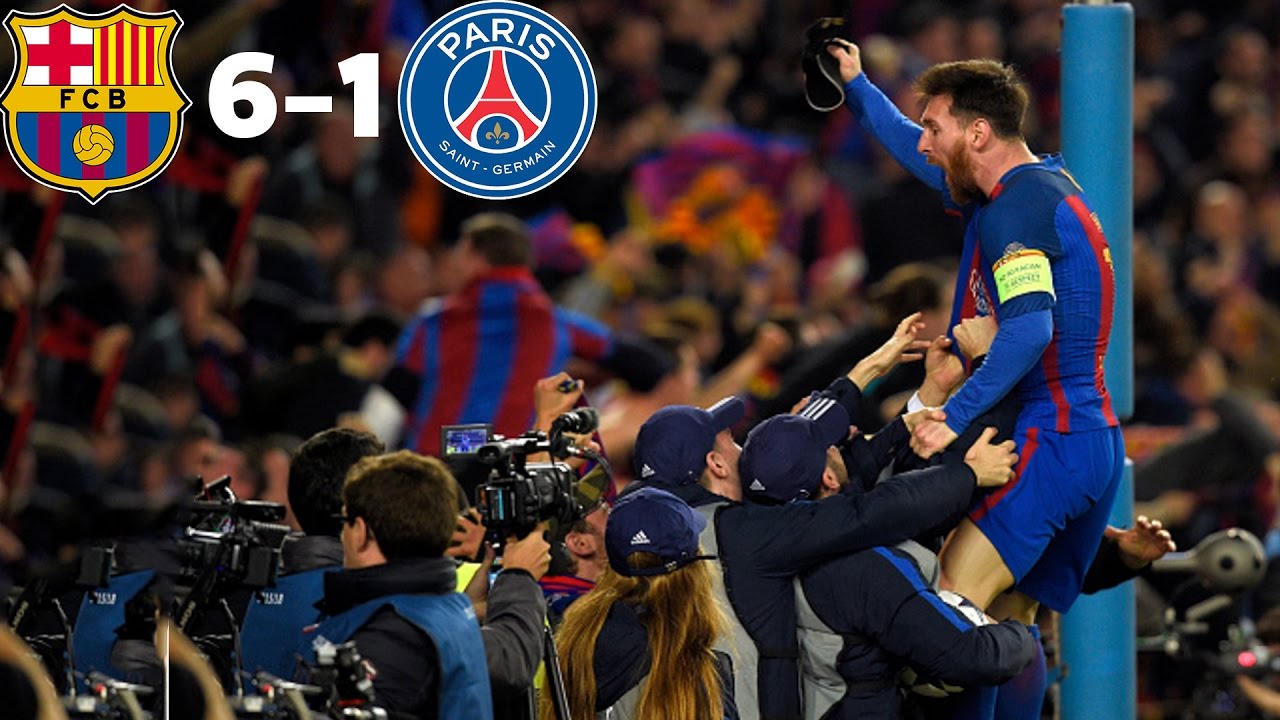Flavia Bustreo, assistant director-general of the World Health Organisation (WHO) and vice-chairman of GAVI, the vaccine alliance, says access to contraceptives and women’s ability to take charge of their health can lead to life-changing and saving situations.
Bustreo said this in a statement released on the occasion of the International Women’s Day.
“If an adolescent girl does not get pregnant too young, she can stay in school longer, opening up better economic opportunities and a more independent, fulfilling future. Every additional year of schooling for a girl increases her future earnings by 10% to 20%,” she said.
“If a woman can decide to limit or space the number of children she has, she can invest more in nutrition and care for herself and her children, contributing to their cognitive development and ability to thrive. The likelihood of a child reaching the age of five increases by more than one third when its mother is able to space her pregnancies by three or more years.
Advertisement
“If an adolescent girl can decide to have the HPV vaccine, she can drastically reduce her chances of getting cervical cancer, averting illness and potentially catastrophic health expenditures in the future.”
Bustreo said women and girls must be able to make decisions over their own sexual and reproductive rights, adding that if all “If all women who want to avoid a pregnancy used modern contraceptives – and all pregnant women and newborns received care at the standards recommended by WHO – unintended pregnancies would reduce by an estimated 70%, abortions by 67%, maternal deaths by 67% and newborn deaths by 77%.”
Bustreo also spoke about the barriers to getting contraceptive, including regressive policies and harmful gender norms.
Advertisement
Bustreo said “all too often, their (women’s) personal decisions are infringed upon by regressive policies and harmful gender norms that prohibit them from exercising their rights.”
Add a comment






